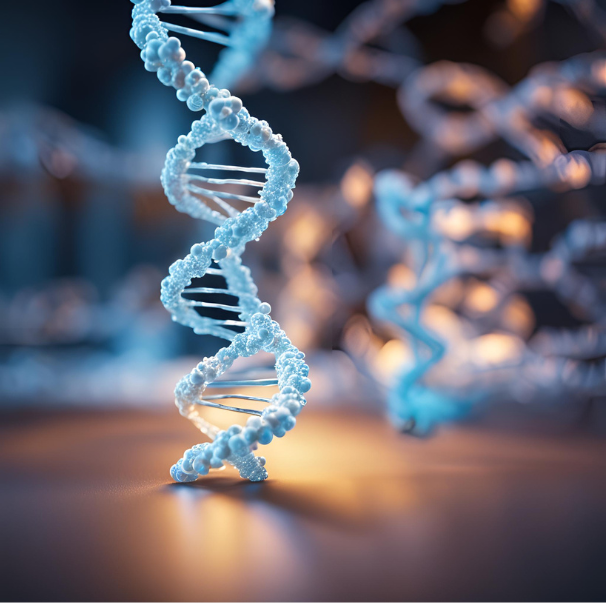Forensic DNA analysis is an important element in criminal investigations, providing evidence that can help decide guilt or innocence. Selecting the right lab for testing is a crucial decision and involves considering several factors. Law enforcement agencies often rely on public labs due to budget constraints and established procedures, but in situations where special resources are needed, tight court deadlines are set, or funding allows for flexibility, private labs can be a preferred choice.
Attorneys have more freedom to choose labs based on their clients’ specific needs.
In the US, there are several private, independent labs that cater specifically to the forensic DNA needs of law enforcement, attorneys, and public crime labs. While large labs might initially seem like the first choice due to their resources and size, smaller forensic DNA labs often provide unique advantages that make them a more suitable fit.
Nimbleness and Adaptability
One of the most significant advantages of specialized forensic labs is their ability to be nimble and adapt quickly to the needs of the clients. In larger labs with extensive layers of management and a probable high volume of cases, the process can become bogged down with bureaucracy. Turnaround times can be lengthy if met at all, and the focus can shift from individual case needs to the overall workflow.
Smaller labs operate with nimbleness that not only enhances operational efficiency but also ensures that the lab remains agile, catering to the evolving demands of its clients. They can quickly adjust to changes in client requirements, technological advancements, and regulatory standards. This allows the lab to provide customized solutions to each client.
One Analyst Per Case
In many large forensic labs, a case might pass through the hands of several lab employees with each handling various parts of the process. While this division of labor can be efficient in theory, it can also lead to inconsistencies or miscommunication. Key details might be overlooked when responsibility is divided among multiple people. This can also affect how court testimony is done as multiple individuals who have handled a case being called to testify.
In contrast, some smaller labs might assign one analyst to manage a case from start to finish. This approach ensures consistency as the analyst is fully familiar with all aspects of the case. There is a reduced risk of errors, miscommunication, and contamination, which enhances the reliability and accuracy of forensic analysis.
Having one analyst per case can streamline communication between the laboratory and the client as the client directly interacts with the assigned analyst about any case-related questions, updates, or specific requirements.
Personalized Attention
At a small lab, clients aren’t just another case number. There is a level of personalized attention that isn’t feasible in larger operations. Customers can expect direct communication with the analysts working on their case which leads to better collaboration and understanding.
For attorneys and law enforcement officers who need to discuss specific case details or request additional testing, this direct line of communication is invaluable. It allows for real-time updates, quick adjustments, and level of service that brings trust and confidence in the lab’s work.
Rush Timelines
Meeting rush timelines is another area where smaller labs can excel. Since they are not dealing with the high case volume of larger labs, they can often accommodate urgent requests without disrupting their workflow. Whether it is a sudden need for DNA results in an ongoing investigation or a tight deadline imposed by a court, small labs can often deliver faster.
This responsiveness is particularly crucial in high-stakes cases where delays could mean missing a trial date or evidence submission deadline. By choosing a smaller lab, law enforcement and attorneys can trust that their urgent cases are prioritized and handled with care and professionalism.
Competitive Pricing
Cost is always a factor, especially for government agencies and public defenders operating on tight budgets. Smaller labs can often offer more competitive pricing than their larger counterparts. With fewer overhead costs and a more focused operation, small labs can pass on savings to their clients without compromising on quality.
This cost efficiency can be particularly beneficial for contract work, such as Sexual Assault Kit Initiative (SAKI) testing, where budgets are strict, and the volume of work is high. Small, specialized labs can provide the needed services without the hefty price tag and allow more kits to be tested within the same budget.

